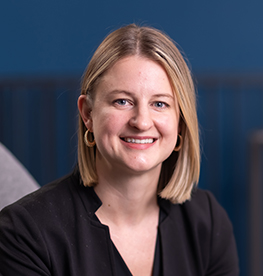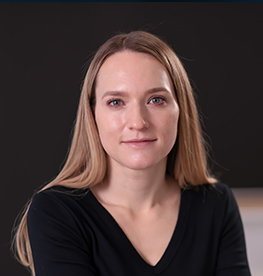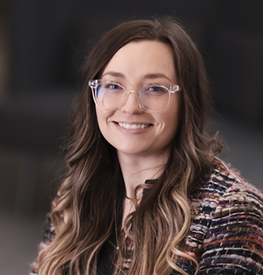
13 May, 2025
Pineapple’s Michelle Blackie hosts a discussion around how thoughtful design of therapeutic spaces can create more compassionate, effective, and healing environments.
How do we move toward a more holistic, human-centered approach to treatment spaces in behavioral health? These environments have been shaped primarily by risk mitigation. And while safety is crucial, we now know that the way a space feels – how it supports autonomy, comfort, connection, and dignity – can be just as important to a person’s recovery journey.
So how do we design for dignity as well as for durability?
What does it take to balance clinical needs with human ones?
And how can architects, interior designers, healthcare providers, and patients collaborate to build spaces that actually feel safe, not just secure?
Join Michelle with three guests from architect firm BWBR: senior architect Ellen Konerza, planner Sophia Skemp, and senior interior designer Amy Kotchevar. Together they explore exactly how the holistic approach to mental health design improves the outcome for patients, staff and the wider community.

Ellen approaches design with empathy, equity, and a perspective gained from extensive travel across the globe. She has worked on projects of all types during her time at BWBR, including healthcare, mental health treatment, science + technology, and education facilities. As a licensed senior project architect, Ellen provides hands-on involvement in project design, coordination among design disciplines, and technical leadership to the project team.

Taking experiences from immersive internships in both design research and healthcare architecture, Sophia works closely with both major regional and Critical Access facilities on built projects and master planning. She is co-creator of BWBR’s Scenario Planning and certified in advanced process improvement training under the Virginia Mason Institute.

Amy is an exceptional designer and collaborator who is passionate about building strong relationships with her clients. Her depth of finish product knowledge makes her a trusted partner, and she enjoys strategically balancing aesthetics and budget for each project. Amy has designed interiors for both new and renovated spaces and has worked on a wide variety of healthcare project types, from large critical access hospitals to small, complex renovations.